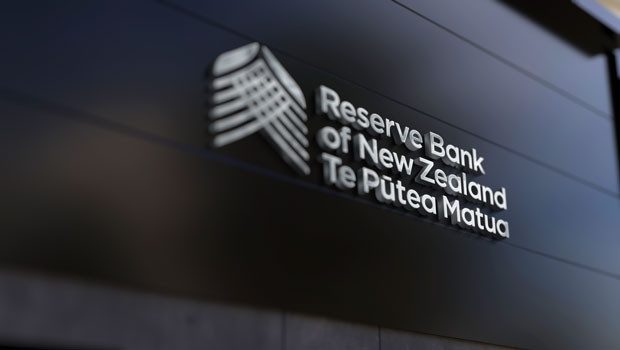The Reserve Bank of New Zealand has decided to keep the official cash rate at a stringent level of 5.50%. The nation’s economy is currently facing a significant per capita recession. The real per capita GDP has dropped by 4.3% from its peak in late 2022, following a series of six straight quarterly declines.
Insights from the leading composite PMI indicate that New Zealand’s overall GDP experienced a considerable decline in the second quarter. There has been a noticeable decrease in consumer spending, reflected by a steep drop in real per capita retail sales. Additionally, housing prices have fallen by 16.5% from their highest point.
Auckland and Wellington have recorded declines of 22.1% and 24.7%, respectively. The job market in New Zealand is facing challenges.
Reserve Bank maintains elevated cash rate
There is a reduction in job postings, and the ratio of job applicants to job listings has reached historical highs. New Zealand’s mortgage rates have undergone one of the sharpest rises among developed nations, outpacing increases seen in Australia. Unless the Reserve Bank initiates a phase of rate reductions, it’s likely that average mortgage rates in New Zealand will keep climbing.
At present, 37% of the total mortgages in New Zealand are fixed-rate loans set to expire in the latter half of this year. An additional 26.5% of mortgages by total value are set to reset in the first half of 2025. New Zealand’s financial institutions are now predicting that the Reserve Bank will implement rate cuts before the year’s end.
In anticipation of this, banks have begun to reduce their fixed mortgage rates. If the Reserve Bank remains inactive, the New Zealand economy may risk plunging further into recession.


